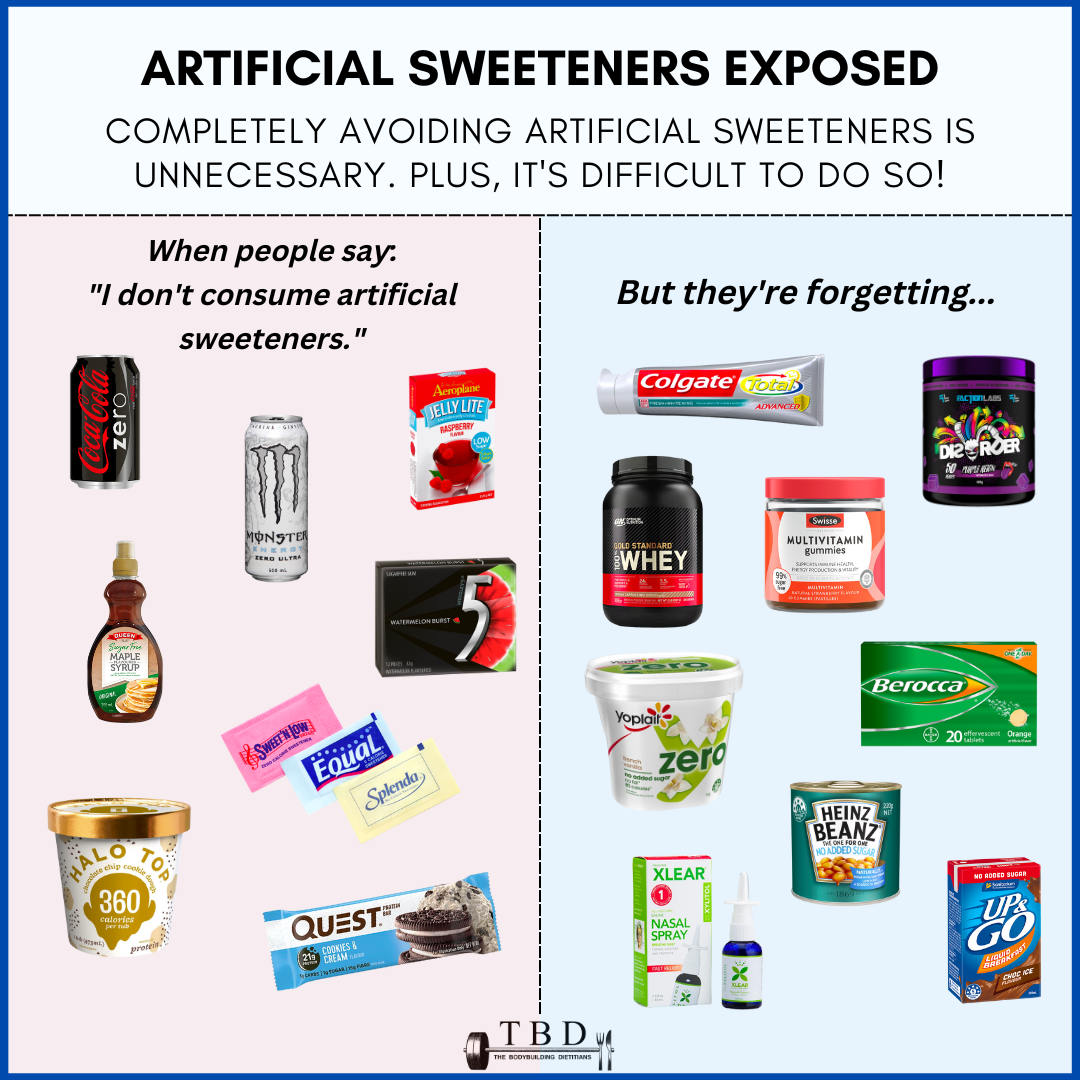Health Concerns and Considerations: Artificial Sweeteners Blood Clots

While artificial sweeteners offer a sugar-free alternative, concerns regarding their potential health risks, particularly in relation to blood clots, have been raised. It’s crucial to understand these concerns and the potential impact of artificial sweeteners on overall health.
Potential Health Risks Associated with Artificial Sweeteners
Excessive consumption of artificial sweeteners has been linked to various health concerns, including potential risks of blood clot formation. Research suggests that certain artificial sweeteners, like aspartame and sucralose, might influence the gut microbiome, potentially leading to changes in blood clotting factors. These changes could, in theory, increase the risk of blood clots in susceptible individuals. However, the evidence linking artificial sweeteners directly to blood clots remains inconclusive, and further research is needed to establish a definitive causal relationship.
Individuals at Increased Risk for Blood Clot Formation, Artificial sweeteners blood clots
While the connection between artificial sweeteners and blood clots is not fully understood, certain individuals might be at increased risk due to pre-existing conditions or lifestyle factors. These include:
- Individuals with a history of blood clots or clotting disorders.
- People with inherited clotting disorders like Factor V Leiden or Prothrombin gene mutation.
- Those who are obese or have a sedentary lifestyle.
- Smokers and individuals with high blood pressure or high cholesterol.
- People taking medications that can increase the risk of blood clots, such as birth control pills or hormone replacement therapy.
Comparison of Risks Associated with Artificial Sweeteners and Natural Sugars
While artificial sweeteners might carry some potential risks, it’s important to compare them to the risks associated with natural sugars. Natural sugars, like those found in fruit and honey, are known to contribute to weight gain, insulin resistance, and increased risk of type 2 diabetes. These factors can indirectly increase the risk of blood clots by contributing to conditions like obesity and high blood pressure.
It’s important to note that both natural sugars and artificial sweeteners should be consumed in moderation as part of a balanced diet.
Impact of Artificial Sweeteners on Overall Cardiovascular Health
The impact of artificial sweeteners on overall cardiovascular health is complex and not fully understood. While some studies suggest that artificial sweeteners might not directly contribute to heart disease, others have raised concerns about their potential effects on blood pressure, cholesterol levels, and inflammation.
More research is needed to clarify the long-term effects of artificial sweeteners on cardiovascular health.
Artificial sweeteners blood clots – While we’re all trying to be mindful of our health, the link between artificial sweeteners and blood clots is a topic that needs more research. But hey, let’s take a break from all that and explore some delicious flavors! Head over to indian store near me to discover a world of spices and ingredients that can tantalize your taste buds.
After all, a little culinary adventure can do wonders for your mood, and then we can get back to exploring the science behind artificial sweeteners and blood clots.
You know, artificial sweeteners are a bit of a hot topic these days, with some studies suggesting a link to blood clots. But hey, if you’re looking for a distraction from all that, why not check out justin simmons ?
The legendary Kiss frontman is a rock star, and his story is as wild as his stage persona! Of course, we should still be mindful of our health and make informed decisions about what we consume, especially when it comes to artificial sweeteners.